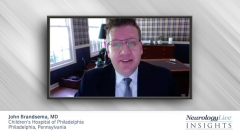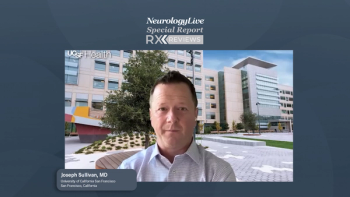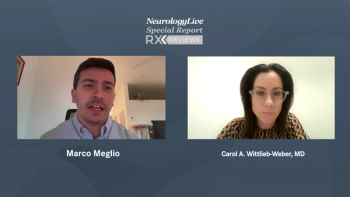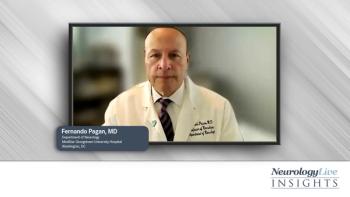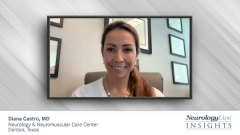
The Role of Gene Therapy for Patients with Duchenne Muscular Dystrophy
A panelist discusses how gene therapy using microdystrophin delivered through AAV vectors shows promise for DMD treatment, though challenges remain with delivery efficiency and determining which patients will benefit most.
Episodes in this series

Clinical Brief: Gene Therapy Approaches and Limitations in DMD
Main Discussion Topics
- Gene therapy's potential to restore dystrophin expression using microdystrophin constructs
- Adeno-associated virus (AAV) vector limitations in carrying capacity
- Age-dependent response to gene therapy interventions
- Current clinical experience with Elevidys (Sarepta's approved gene therapy)
Key Points for Physicians
- Current AAV vectors can only deliver approximately one-third of full-length dystrophin
- Treatment efficacy appears significantly better in younger patients before advanced dystrophy
- Prevention of dystrophic changes is more achievable than reversal of established disease
- Clinical data on older patients remains limited with approval for treatment expanded only recently
Notable Insights
Animal models demonstrated efficient prevention of dystrophy in young animals but diminished efficacy in models with established disease. This pattern appears to be mirrored in clinical observations where younger patients show better response to intervention.
Clinical Significance
While gene therapy represents a significant advancement in DMD treatment, current approaches are limited by delivery capacity and appear most effective when initiated earlier in disease progression, highlighting the need for continued development of improved delivery methods and larger dystrophin constructs.
Newsletter
Keep your finger on the pulse of neurology—subscribe to NeurologyLive for expert interviews, new data, and breakthrough treatment updates.


